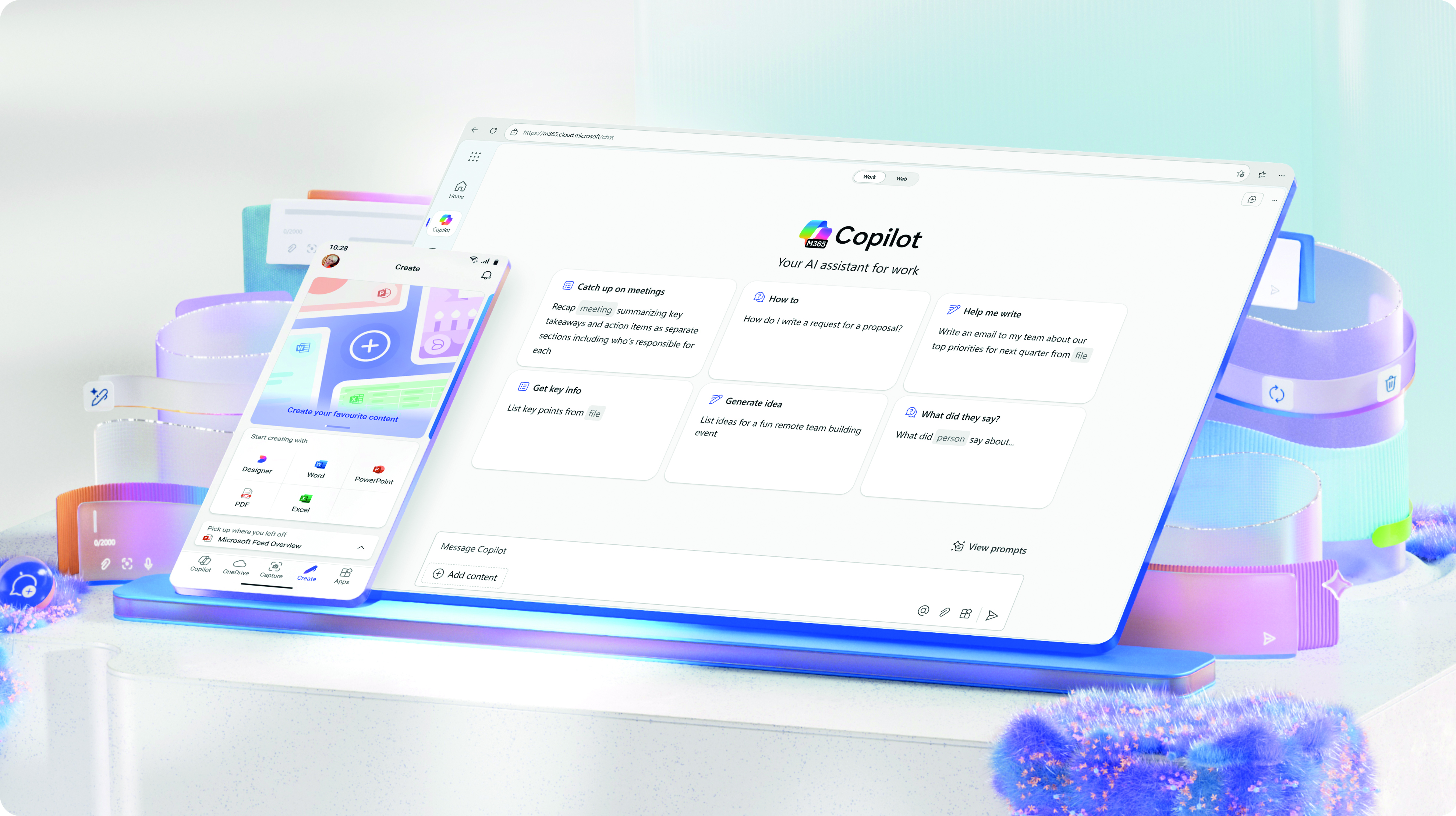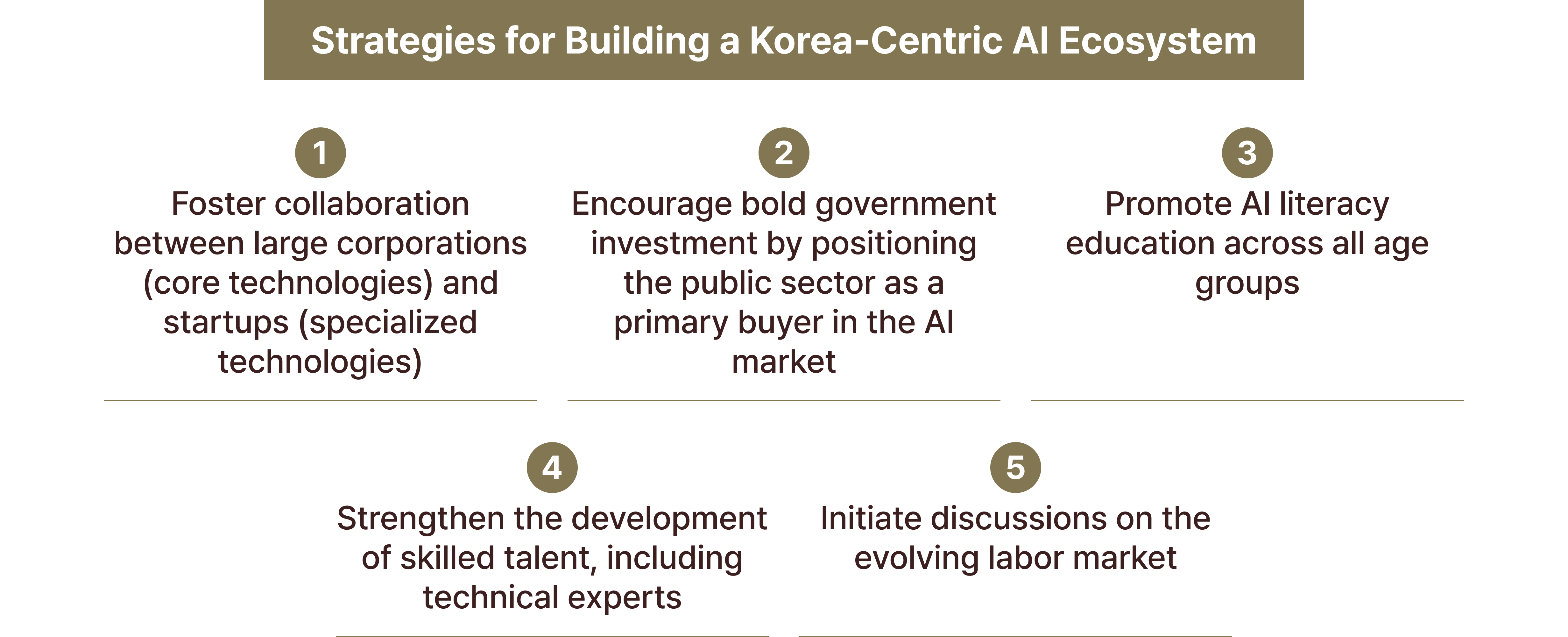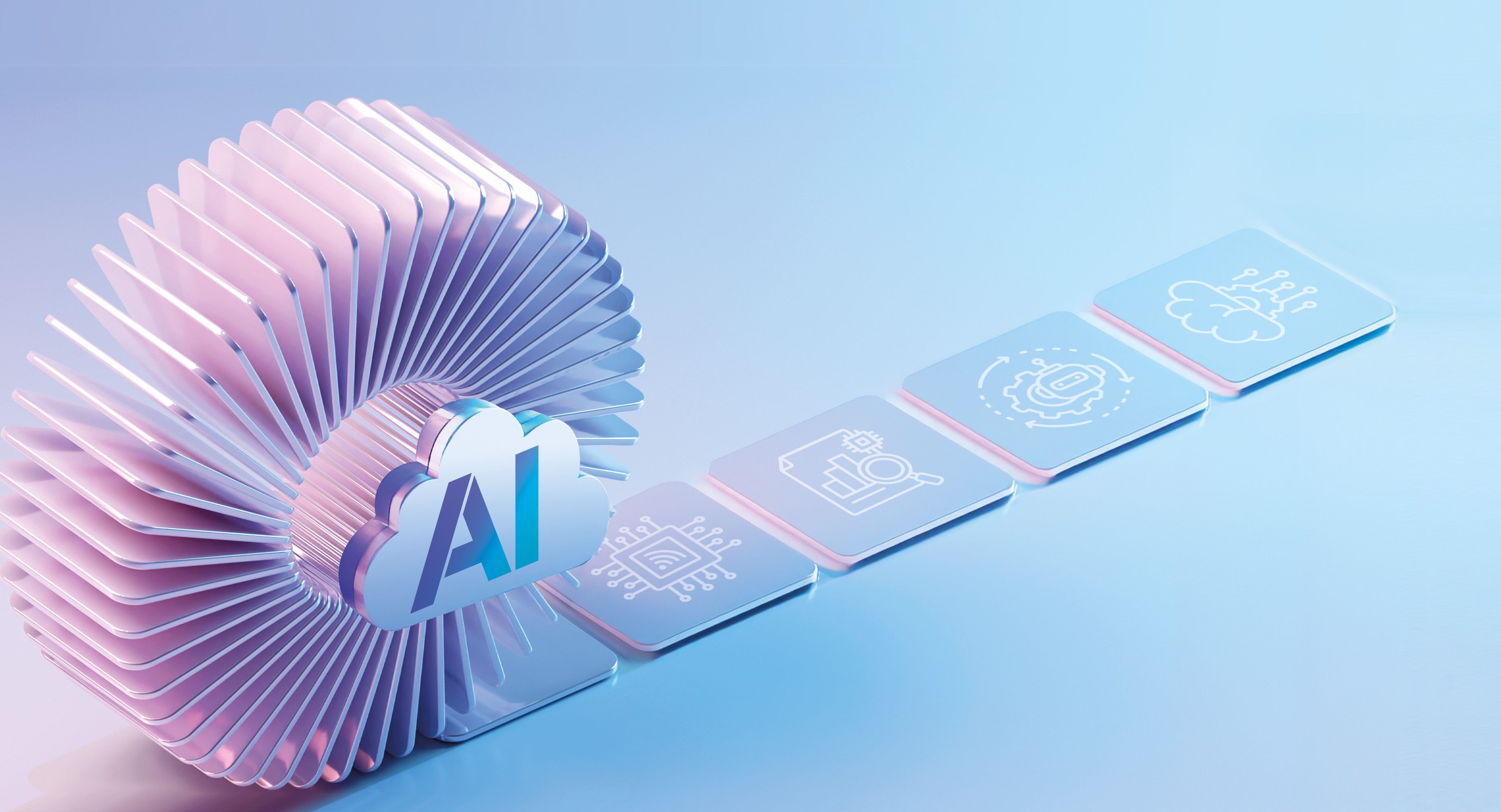A Step Further: AI Agents
The Global Race for AI Agents and
Korea’s Strategic Challenges
As of 2025, global tech giants like Microsoft, Google, and OpenAI are accelerating the development of AI agent technologies, signaling a major shift in the AI ecosystem. AI agents go a step beyond generative AI—these systems are capable of pursuing goals and executing tasks independently, without human intervention. This article explores the emerging global competition in AI agents and the challenges Korea must address to stay in the race.
By Yong-dai Kim, Former President of the Korean Artificial Intelligence Association and Professor of Statistics at Seoul National University
“As of 2025, AI is stepping out from under human supervision and entering the world of autonomous AI agents.
These AI systems seek to go beyond having conversations with humans—they interact with other software programs, issue commands, and coordinate actions independently.”
The Dawn of the AI Agent Era
AI is advancing at an astonishing pace. It was only in 2012 that AI learned to distinguish between photos of dogs and cats. By October 2022, ChatGPT was capable of holding conversations with humans. Like a child nurtured by a caregiver, AI has matured through countless cycles of research and development. Following immense investments of time and resources, AI is now coming of age.
As of 2025, AI is stepping out from under human supervision and entering the world of autonomous AI agents. These AI systems seek to go beyond having conversations with humans—they interact with other software programs, issue commands, and coordinate actions independently. We are entering an era where AI can autonomously manage email, make restaurant reservations, order products, and more. Planning for a trip can be delegated to your AI assistant so that it creates an itinerary, purchases your flight ticket, reserves your hotel room and rents a car for you. Your only job will be to enjoy the experience. Now, through integration with physical devices such as robots and self-driving cars, AI is expanding into the physical world as well.
Global Big Tech’s War of AI Agents
Global tech leaders are rapidly unveiling their AI agent strategies. In May 2024, Google introduced Project Astra, a multimodal AI agent, at its I/O developer conference. It demonstrated the ability to perceive real-world environments and execute complex plans. It also integrated seamlessly with Google’s own tools like Gmail and Maps APIs, showing how a single AI agent could coordinate across services to solve multifaceted problems. In January 2025, OpenAI followed with Operator, its first autonomous web agent and the successor to ChatGPT and GPT-4. Operator understands user commands, perceives the content on a computer screen, and manipulates a web browser directly—handling tasks like clicking buttons, filling out forms, and searching for products. This marked a breakthrough in demonstrating “actionable AI” capable of autonomously performing tasks traditionally handled by humans. Microsoft also entered the fray with its Copilot Runtime and Agent Store, announced at Microsoft Build 2025. These tools empower businesses and developers to create and distribute custom AI agents, fostering an open ecosystem. This lowers the barriers for AI agent development, allowing individuals and organizations to build purpose-specific agents and integrate them across industries—which has the potential to dramatically boost productivity. For companies lagging behind in developing large language models (LLMs), AI agents now present a fresh strategic opportunity.
 Microsoft 365 Copilot, an AI agent service for personal and business use (©Microsoft)
Microsoft 365 Copilot, an AI agent service for personal and business use (©Microsoft)
Korea’s Strategic Response to the AI Agent Era
Developing foundational AI technologies requires immense capital. For this reason, global AI advancement has largely been driven by the United States and China. Korea, meanwhile, is actively striving to keep pace with these rapidly evolving technologies. Yet opinions vary on whether Korea is indeed an effective fast follower. Experts are divided on whether Korea needs to develop its own large language model (LLM), and although there is general consensus on the need for more data centers, the specifics are still being debated. Moreover, Korea has yet to establish a comprehensive national roadmap for AI. Now that AI agents are rapidly expanding into every sector of society, a nationwide strategy is urgently needed.
Given the size of Korea’s economy and domestic market, it’s not realistic to expect investment on the same scale as the U.S. or China. Instead, the most viable path forward may be to compete internationally by leveraging Korea’s own strengths and differentiation. That means building a uniquely Korean AI ecosystem—something that will require close cooperation across government, industry, academia, and research institutions.
Such efforts would require clarifying the roles of large corporations and startups in the AI industry. One of Korea’s biggest challenges is the outflow of top talent. With global tech firms offering salaries 10 times higher than domestic companies, it’s difficult to retain top AI talent. While Korean conglomerates could consider raising salaries, the structure of these organizations—where seniority is prioritized and layoffs are rare—makes it hard to selectively boost pay for certain positions.
Instead, a more realistic solution is to foster an AI collaboration ecosystem that combines the foundational technologies of large corporations with the specialized technologies of startups to create new products. For this to happen, both the government and major corporations must be willing to invest boldly in venture companies. However, no AI ecosystem can thrive without a market. Even if cutting-edge technologies and products are available, the ecosystem cannot be sustained without buyers. Korea’s AI market is not yet mature, but considering the speed at which AI technologies are advancing, the government must step in—not necessarily as a funder, but as a buyer. By acting as a lead customer rather than a direct investor, the government can stimulate demand and encourage companies to develop the necessary technologies and products.
Investing in AI talent development is just as crucial. With the rise of AI agents, artificial intelligence is no longer exclusive to a small group of experts. AI proficiency is starting to become an essential part of daily life, comparable to literacy or language skills. Even if Korea doesn’t build its own LLM, it is fully capable of developing AI agents that can, for example, plan travel itineraries. The goal should be to raise the overall AI literacy of society. This calls for enhanced AI education in elementary, middle, and high schools; expanded AI curricula across all university disciplines; and the development of joint public-private-academia educational programs to improve understanding of AI among the general public. Investment in cultivating AI specialists must also increase—without experts, technological progress and even basic AI literacy education will be difficult to sustain.
As AI agents proliferate, Korea must also prepare for the disruptions they may bring. One major concern is job displacement. In May 2025, Microsoft laid off approximately 6,000 software engineers—about 3% of its global workforce—including in its subsidiaries and overseas offices. This was its largest restructuring since 2023, when 10,000 employees were laid off. Many were shocked that among those who were let go included highly skilled programmers with over 25 years of experience. The reason? Their roles were now replaceable by AI. To address this, companies must try to minimize layoffs, and the government should provide strong incentives to those that do. At the same time, laid-off workers should be given access to retraining programs to help them transition into new roles.
AI agents are a double-edged sword when it comes to employment. On one hand, their widespread adoption could lead to a significant reduction in lower performers and administrative positions. On the other hand, new roles are likely to emerge—in strategy, development, marketing, and beyond—as businesses learn how to deploy AI agents effectively. A comprehensive national discussion on job creation in the age of AI is urgently needed.

Toward a Korea-Made AI Agent
AI, no longer a nascent offspring, is heading out into the world in the form of AI agents. However, LLMs, which constitute the “brains” of these agents are being developed mostly in the U.S. or in China. Such an arrangement is far from ideal and it leaves a bitter taste in the mouth. Surely, I’m not the only one dreaming of seeing a large language model labeled, “Made in Korea.”
